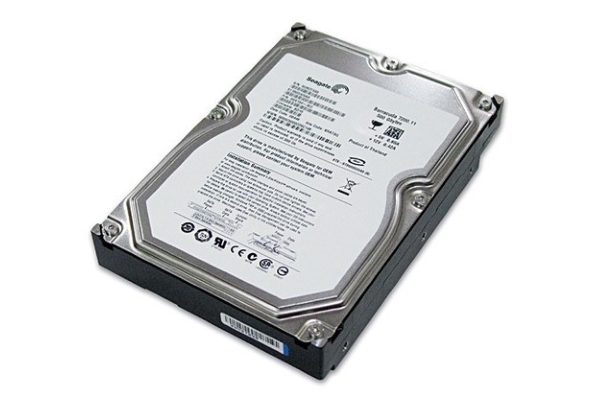
IBM will apply its blockchain technology to a project with hard disk drive (HDD) maker Seagate that aims to tackle counterfeiting.
Seagate is one of the best known HDD manufacturers and like many of its peers in the market has been plagued by counterfeiters who typically try to pass off an old drive – which has been re-programmed to report that the capacity is larger than it really is – as a genuine product. Aside from lost sales, HDD manufacturers also have to deal with fakes being inveigled into its legitimate supply chain through product returns.
The company is now fighting back, and intends to combine IBM’s blockchain platform with its own electronic fingerprinting technology in a multi-layered approach that it says will provide “product tracking and help to provide provenance over a hard drive’s life cycle,”
The blockchain is essentially a digital database of time-stamped records or events, which follows the supply chain and transactions of goods to verify provenance, in this case tracking HDDs from production, assembly and installation to the end of life. It’s being piloted at the moment but should be fully operational by the end of the year, and will eventually be expanded to include other supply chain partners.
Seagate will register product authentication data based on its Secure Electronic ID (eID) electronic fingerprinting tech, generated at the point of HDD manufacture and serving as the ‘crypto-anchor’ in this project, on IBM’s cloud-based blockchain system. Blockchain will also be used to collate Seagate’s Certified Erase process, which wipes data off drives cryptographically and produces a digital certificate of data purge.
IBM has also started applying its Hyperledger-based blockchain to a range of supply chain applications, including tracking meat from slaughterhouses and container shipments carried by shipping giant Maersk.
According to figures from UK economics consultancy CEBR, consumer electronics counterfeiting was a $169bn market in 2016. Computers (and their components) are high on the list of most-faked items, along with phones, tablets and music players.
©
SecuringIndustry.com
 | back to top
| back to top






